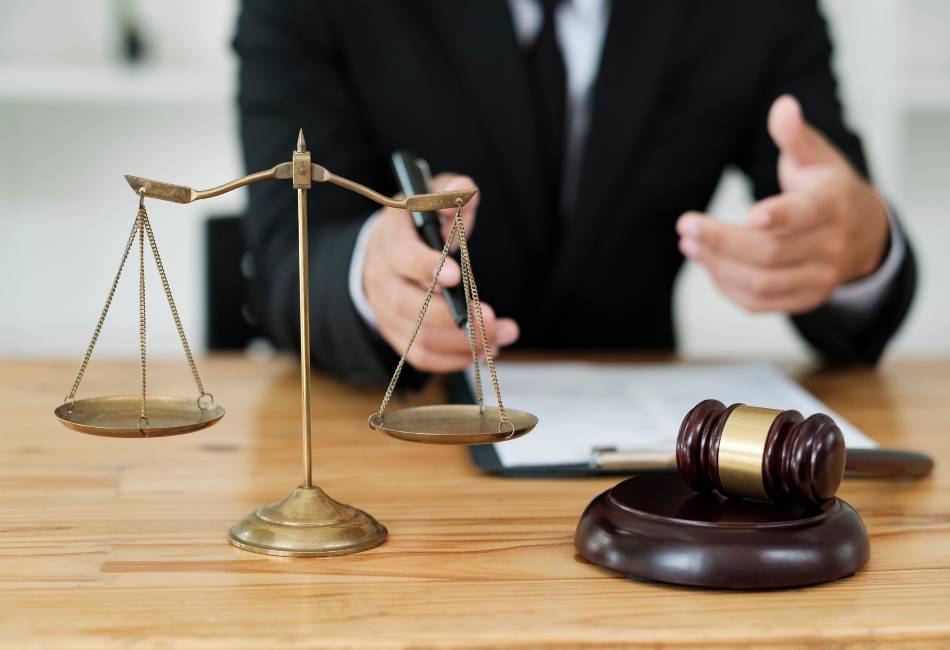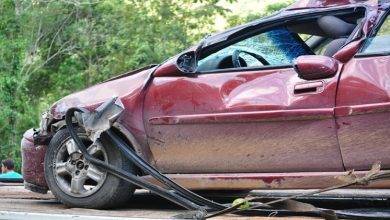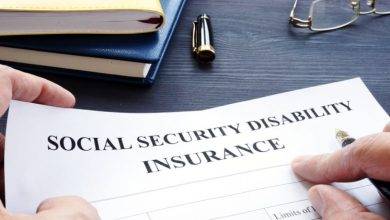
Your Guide to Understanding the Role of Failure to Yield Accident Lawyers: When and Why You May Need One
Navigating the aftermath of a failure to yield accident can be overwhelming. Such accidents often result in significant injuries and property damage, leading to complicated legal proceedings. This article aims to shed light on the role of failure to yield accident lawyers, their investigative process, and when victims should seek their advice. We delve into these professionals’ duties—from investigating the accident and establishing liability to calculating damages and negotiating with insurance companies. We also explore how they meticulously investigate each case, using various sources and tactics.
Essential Duties of Lawyers in Failure to Yield Accidents
- Investigating the Accident: The failure to yield accident lawyers starts with a thorough investigation into the accident. This involves gathering evidence such as traffic camera footage, witness statements, police reports, and any other relevant information that can help establish the facts of the case.
- Establishing Liability: Once they have all the necessary information, the lawyer establishes who was at fault for the accident. This may involve proving that the other driver failed to yield the right of way, which resulted in the collision.
- Calculating Damages: The lawyer also calculates the total damages suffered by the victim. This includes medical expenses, loss of income, property damage, and non-economic damages like pain and suffering.
- Negotiating with Insurance Companies: Often, insurance companies try to minimize the compensation they pay out. A lawyer uses negotiation skills and law knowledge to ensure their client gets a fair settlement.
- Representing the Client in Court: If a fair settlement cannot be reached, the lawyer represents the client in court. They present the evidence, argue the case, and strive to convince the jury of their client’s rightful claim to compensation.
How Lawyers Investigate Failure to Yield Accidents
- Site Visitation: Lawyers often visit the accident scene to understand what happened firsthand. This can provide valuable context for other pieces of evidence and help identify potential witnesses.
- Reviewing Police Reports: Police reports are an essential source of information in any accident investigation. They typically include details of the accident, witness statements, and sometimes even the officer’s opinion on who was at fault.
- Interviewing Witnesses: Witnesses can provide crucial information about the accident. Lawyers will interview them to gather their accounts of what happened.
- Analyzing Traffic Camera Footage: Traffic camera footage can provide objective evidence about the accident. It can show who had the right of way, the speed of the vehicles involved, and the exact moment of collision.
- Examining Vehicle Damage: The damage to the vehicles involved can also shed light on how the accident occurred. Lawyers often work with accident reconstruction experts to understand the specifics.
- Medical Record Review: Lawyers review medical records to understand the extent of the injuries suffered by the victim. This is important for calculating damages.
Advice for Victims: When to Consult a Failure to Yield Accident Lawyer
- Immediately After the Accident: It is advisable to consult a lawyer immediately after the accident. Early consultation allows the lawyer to gather evidence while it is still fresh and easily accessible.
- If You Have Been Injured: You should seek legal counsel if you have sustained injuries from the accident. A lawyer can help you determine the full extent of your damages, including medical expenses, loss of income, and pain and suffering.
- When Liability is Disputed: If the other party disputes their fault in the accident, it is essential to have a lawyer who can help establish liability and fight for your rights.
- When Dealing with Insurance Companies: Insurance companies often try to minimize their compensation. Having a lawyer on your side can ensure you are not taken advantage of and receive a fair settlement.
- If Legal Proceedings Become Necessary: A lawyer will be invaluable if negotiations fail and your case needs to go to court. They can represent you in court, presenting your case most compellingly.
Consulting a lawyer does not necessarily mean you must go to court. Many failure-to-yield cases are settled through negotiation. However, having a lawyer on your side can give you peace of mind and ensure your rights are protected.




